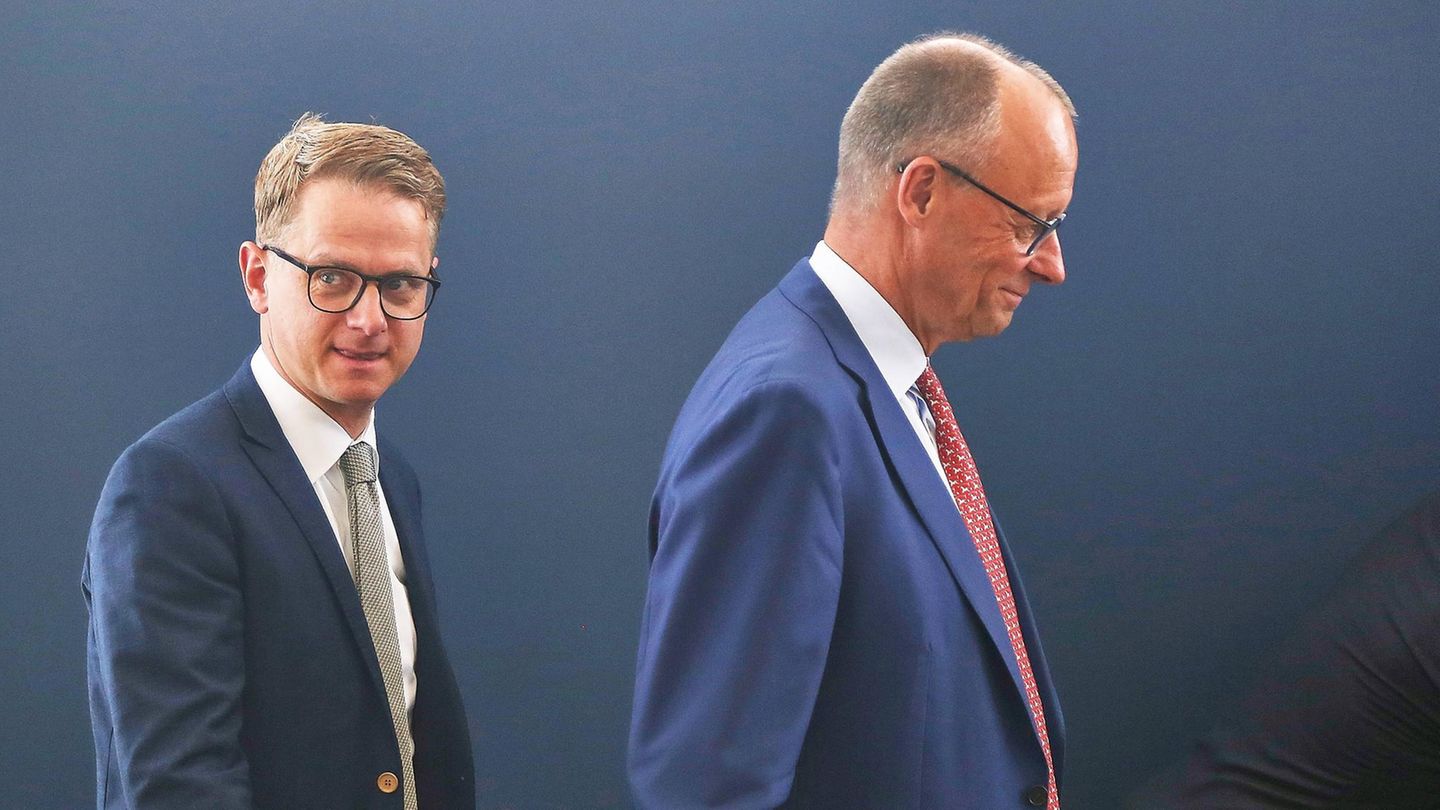The ecological transformation has arrived in the domestic companies: almost every second company (47 percent) is planning to be climate -neutral by 2030 – and thus ten years before the EU specifications. The 223 managers who were asked by the Market Institute in the study. Only 32 percent of the works councils share this assessment. Industrial companies or companies in which Dekarbonization plays a role were selected for the study. 223 managers and 157 works councils were interviewed.
- Read here: Green deal is not dead, but more practical
According to the study, the greatest motivation for sustainability is the legal requirements, decarbonization is considered strategically important. The company’s reputation (for example when looking for employees) also plays a role. Works councils also see competitive pressure and expectations of consumers as important drivers.
In the measures, the use of renewable energies and the reduction of waste and resource consumption were most commonly mentioned. Both sides see the cost of transformation as the biggest challenge. Works councils also fear price increases for consumers.
Different levels of knowledge
There are differences in the information stand: 80 percent of managers state that they are well involved in the company’s climate protection plans. The proportion of the works councils here is only 50 percent. There are also different views when it comes to further training: Three quarters of managers indicate that the company offers training courses on the subject of climate protection – this is only confirmed by half of the works councils.
“}”>
Image: Land Upper Austria/Tina Gerstmair
Source: Nachrichten




